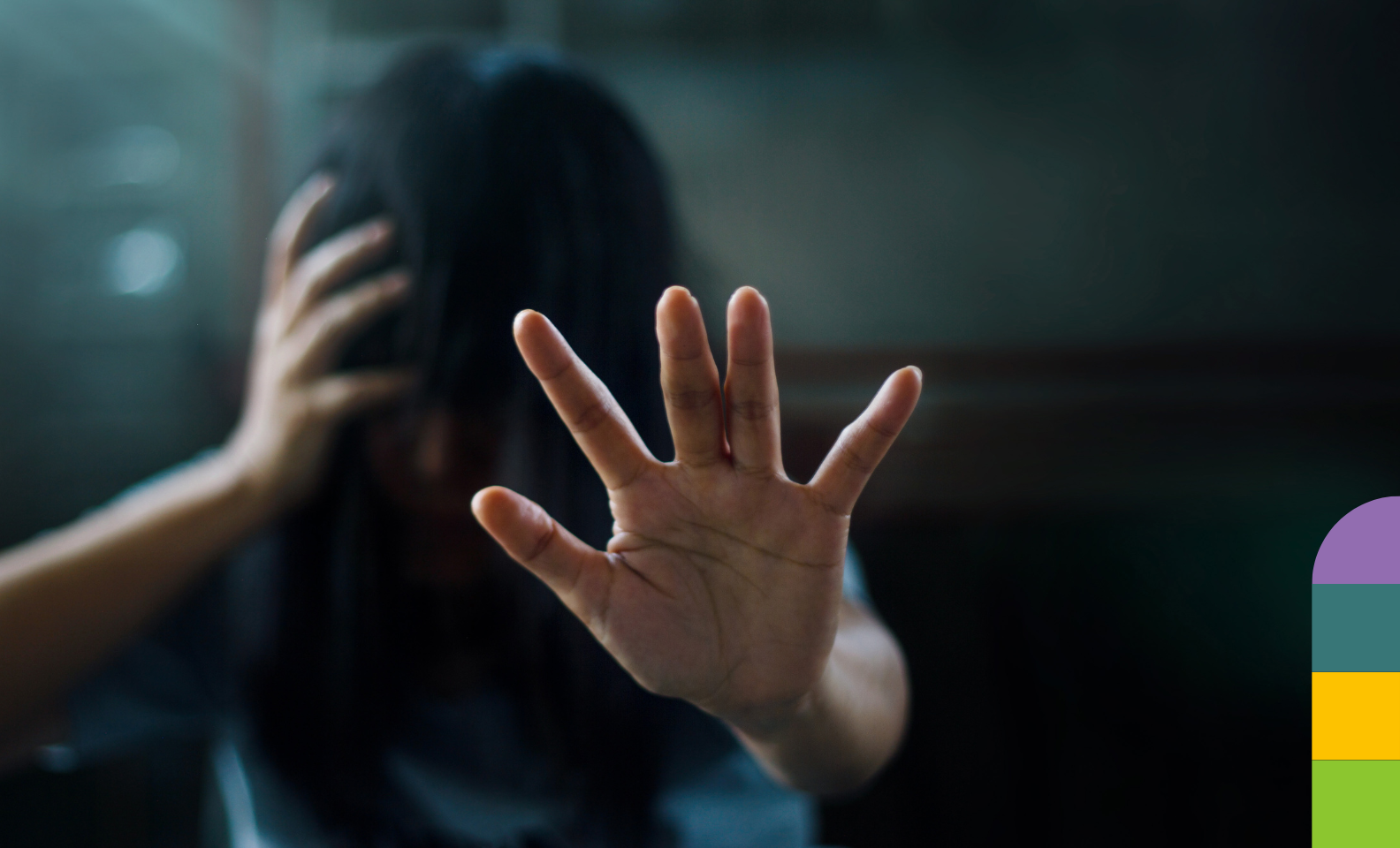Post-traumatic stress disorder (PTSD) and Trauma
Post-traumatic stress disorder (PTSD) is a mental health condition that some people develop after experiencing or witnessing a life-threatening event, like combat, a natural disaster, a car accident, or sexual assault. While it is normal to have upsetting memories, feel on edge, or have trouble sleeping after a traumatic event, if these symptoms last more than a few weeks, it may be PTSD.
Types of Traumatic Events
Any event that is life-threatening or that causes a person to feel intense fear, helplessness, or horror can be traumatic. Some common traumatic events include:
- Combat
- Natural disasters
- Car accidents
- Sexual assault
- Physical assault
- Witnessing violence
- Serious injuries or illnesses
- The sudden death of a loved one

How Trauma Affects the Brain and Body
When a person experiences a traumatic event, their brain and body go into “fight or flight” mode. This is a natural response that helps people to survive in dangerous situations. However, if the “fight or flight” response is not turned off, it can lead to PTSD.
The “fight or flight” response is controlled by the amygdala, a small part of the brain that is responsible for processing emotions. When the amygdala senses danger, it sends a signal to the hypothalamus, which then releases hormones that prepare the body to fight or flee. These hormones include adrenaline, cortisol, and norepinephrine.
Adrenaline increases heart rate, blood pressure, and breathing. Cortisol increases blood sugar levels and suppresses the immune system. Norepinephrine increases alertness and attention. These hormones help people to survive in dangerous situations. However, if they are released for a long period, they can damage the brain and body.
The hippocampus, a part of the brain that is important for memory, is particularly vulnerable to damage from stress hormones. The hippocampus is responsible for storing memories of events, emotions, and smells. When the hippocampus is damaged, it can lead to problems with memory, concentration, and learning.
The amygdala is also vulnerable to damage from stress hormones. The amygdala is responsible for processing emotions, particularly fear. When the amygdala is damaged, it can lead to problems with controlling emotions, such as anxiety and anger.
Symptoms of PTSD
The symptoms of PTSD can vary from person to person, but they often include:
- Reliving the traumatic event in flashbacks or nightmares.
- Avoiding reminders of the traumatic event.
- Feeling numb or detached from others.
- Having trouble sleeping.
- Feeling on edge or irritable.
- Having difficulty concentrating.
- Having trouble controlling anger.
- Having changes in mood, such as feeling depressed or anxious.
- Having physical symptoms, such as headaches, stomach aches, or muscle tension.
Treatment for PTSD
There are several effective treatments for PTSD, including:
- Therapy: Therapy can help people to understand and cope with their symptoms of PTSD. Many different types of therapy can be helpful for PTSD, including cognitive-behavioural therapy (CBT), eye movement desensitisation and reprocessing (EMDR), and exposure therapy.
- Medication: Medication can help to reduce symptoms of PTSD, such as anxiety and depression. There are several different medications that can be used to treat PTSD, including antidepressants, anti-anxiety medications, and sleep medications.
- NDIS plan management: For individuals eligible for NDIS support, it’s important to explore the available options for NDIS plan management that can facilitate access to necessary resources and services.
- Support groups: Support groups can provide a safe and supportive environment for people with PTSD to share their experiences and learn from others.
PTSD is a complex and challenging condition that can affect anyone who has experienced trauma. However, it is also a treatable condition that can be overcome with proper care and support. If you or someone you know is struggling with PTSD, please seek professional help as soon as possible. You are not alone, and you can recover from PTSD.



